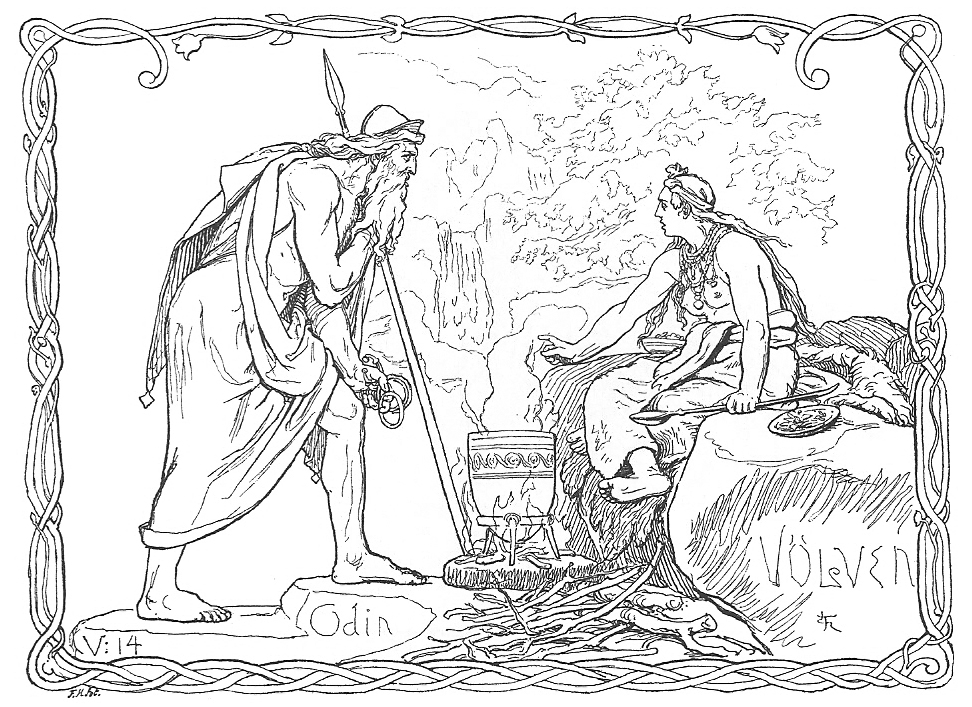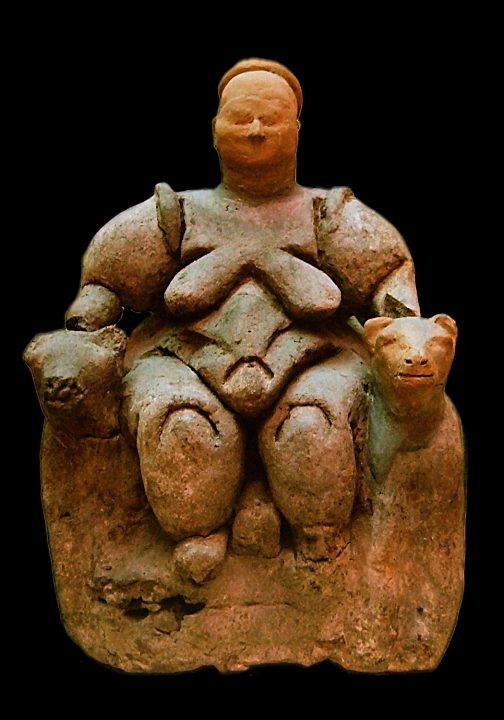Since ancient times, even prior to recorded history, some people traveled over land and sea to trade. In many societies, merchants required the permission of rulers to engage in their business, and of course paid tax for the privilege. In other cases, the merchants formed the government or were part of the government, and of course, in some cases merchants toppled local governments to obtain access to finished trade goods, raw materials, or new markets for goods.
Trade, of course, isn't the production of goods. Trade, is what I think of as "a third thing", that which arises from others, and was of the god
Hermes. While the trader sees himself as the spirit of fertility, helping to consummate the union of the sun and the earth, his interest and the producers and consumers interests are at best, only partly aligned, and in many cases, are in direct opposition. Consider the Chiquita Banana and Dole Fruit companies treatment of Honduras in the late 19th century. By controlling the land and sea routes and market for trade, they were able to install their own governments and extract the lion's share of the wealth from the banana business, and to acquire all the productive land.
For traders (hereafter sea people) well organized, even aggressive producers (land people) are anathema. Less wealth, or even in some draconian cases, no wealth can be extracted, because the land people judge the traders to be thieves or parasites, rather than providing a useful service.
Perhaps this conflict is coming to a boil in the United States, and in Europe as "nativists" are disparaged by some pundits, "free trade" agreements are excoriated by others for their bad terms, and the mass arrival of alien populations is viewed as an existential threat by locals.
The corporate society that's maturing in the western world views itself as distinct from its nation, that is has no political ties to the territories it happens to inhabit, nor the people who happen to live there. Arguably, it's the child of the sea, a descendant of the trading companies of the 18th and 19th centuries like the East India Company. For the corporates, land is a commodity to be bought and sold, and people are completely interchangeable economic creatures: employees or customers. Their beliefs, myths and history are unimportant. The laws and education system of the west are structured to produce corporate citizens: people with no ties and no memory.
It appears, though, that people are waking up, that is, becoming aware of their position, and rejecting the corporates. As of yet, there's no real idea of an alternative. Just as people who are skeptical of a globe (without knowing anything about the earth's geometry) decide the opposite must be true (a flat earth), people who are skeptical of corporate societies decide the opposite, e.g.
a tribal society, must be ideal, or seek solace from politics in ideas of anarchy or voluntaryism.
The purpose of this blog is to perform an in vivo archaelogical dig on my own European American brain to try to scrape back the layers of false associations, to connect to the natural world, and to discover points of navigation that are true. A human is an animal, and it's our animal aspect that connects us to nature and to the land where we live. It's also our animal nature that connects us to one another, through family, or through friendship, or more tenuously through politics. The ancient habits of our ancestors shape who we are and what we think is important. We are the sunlight, dirt, water, and information that's been recycled countless times. We are severely limited, yet think we can imagine infinities and eternities.
Knowledge of who and what you are and your place in the world supersedes politics and the trivia of markets and trade. It's what makes it possible for a man or woman to have high regard for themselves and to see kings, tyrants, and politicians as petty conmen or people worthy to follow or believe in.









